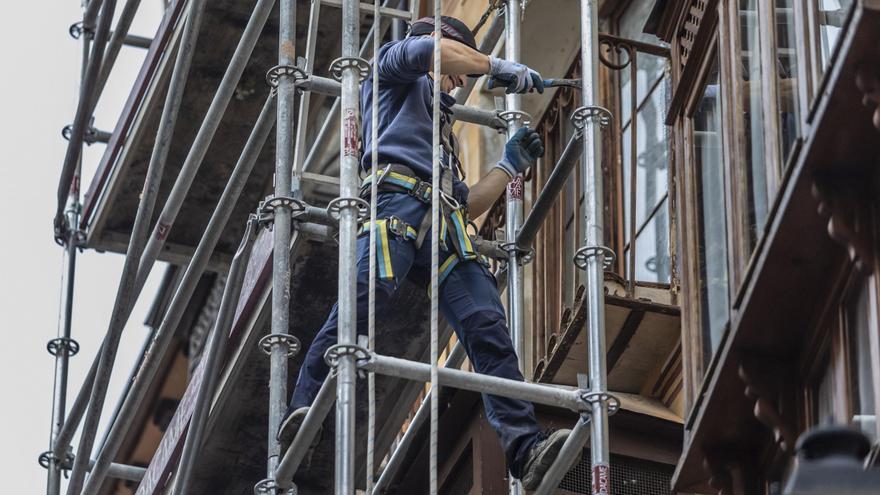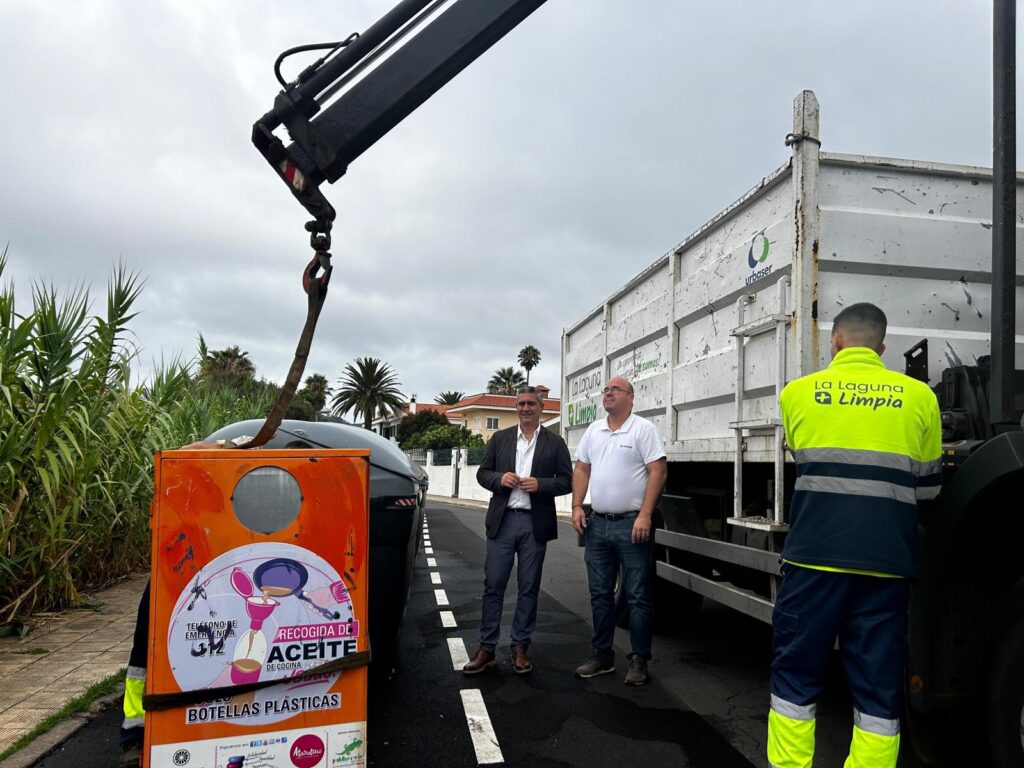
The Canary Islands economy continues to show symptoms of weakness due to the progressive decline in productivity. Specifically, less and less wealth is being produced or less wealth is being created despite the increase in the number of working hours. This is extracted from the latest Annual Report corresponding to 2022 prepared by the Circle of Entrepreneurs and Professionals of the South of Tenerife (CEST), as explained this afternoon by the president of its Economic and Social Council, José Carlos Francisco.
A situation, that of low productivity, that has been occurring “for 20 years” and that, for this reason, leads businessmen to request emergency measures from the Government of the Canary Islands. “We are falling a little behind the European Union”lamented Francisco, who recalled that the low productivity “should worry the entire society” as it affects the Gross Domestic Product per capita and puts the Canary Islands at the bottom of other economies in the euro zone.
After a meeting with the president of the regional government, Fernando Clavijo, representatives of the CEST concluded that the regional Executive “is very aware” that “dialogue and social consultation” must be prior to taking measures. While, Francisco has said that Sumar and Psoe’s proposal to reduce the working day in order to increase productivity fails precisely on this issue: “From my point of view, it has not been consensual, agreed upon or discussed.”.
In this sense, Francisco has invited the Government of Spain to sit down with the unions and employers, since in his opinion “it is not easy” to make a linear reduction that affects all sectors and types of companies in the same way. However, The president of the Economic and Social Council of the CEST has recognized that “every time we work a little less” and that “the trend for many years has been towards reducing the working day”. Of course, as long as a reduction is made from “prudence” and “dialogue.”
















